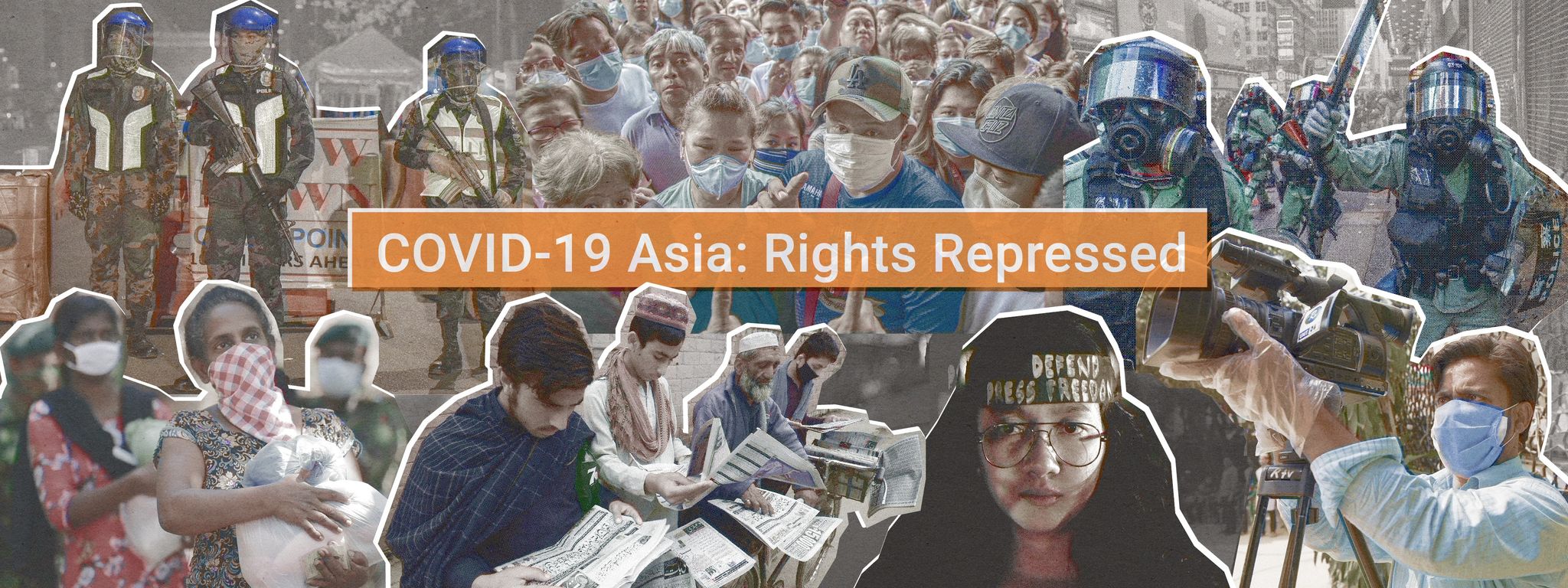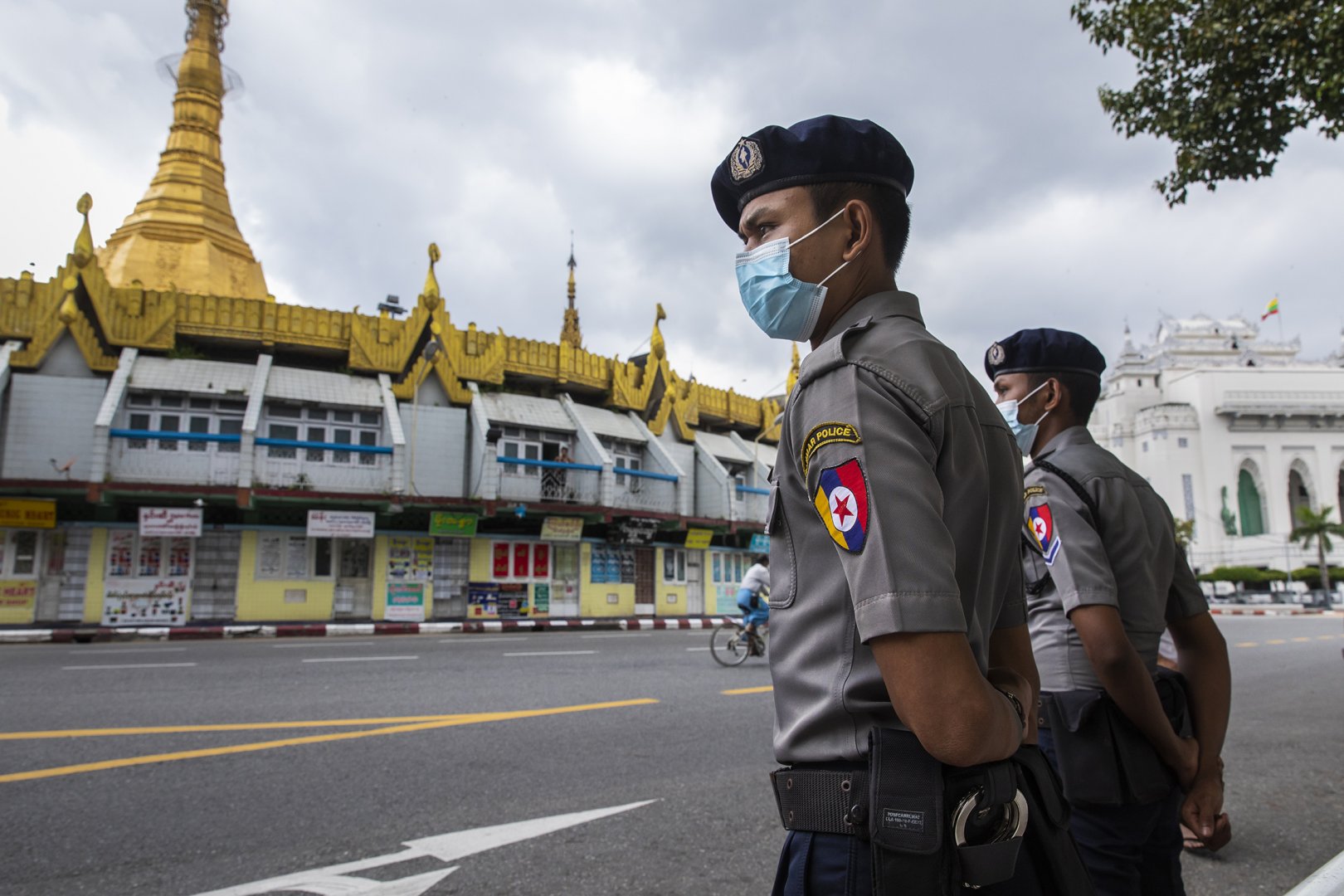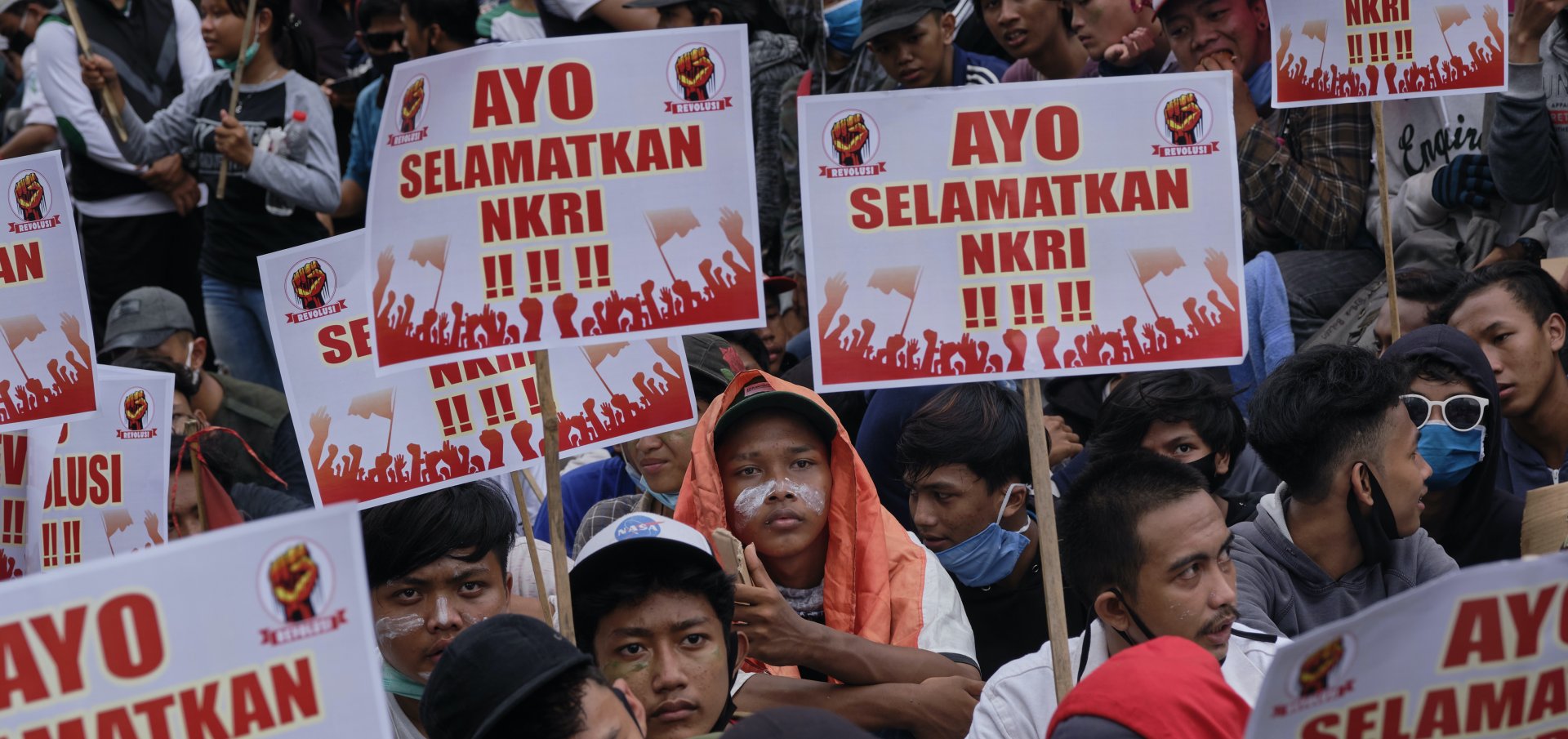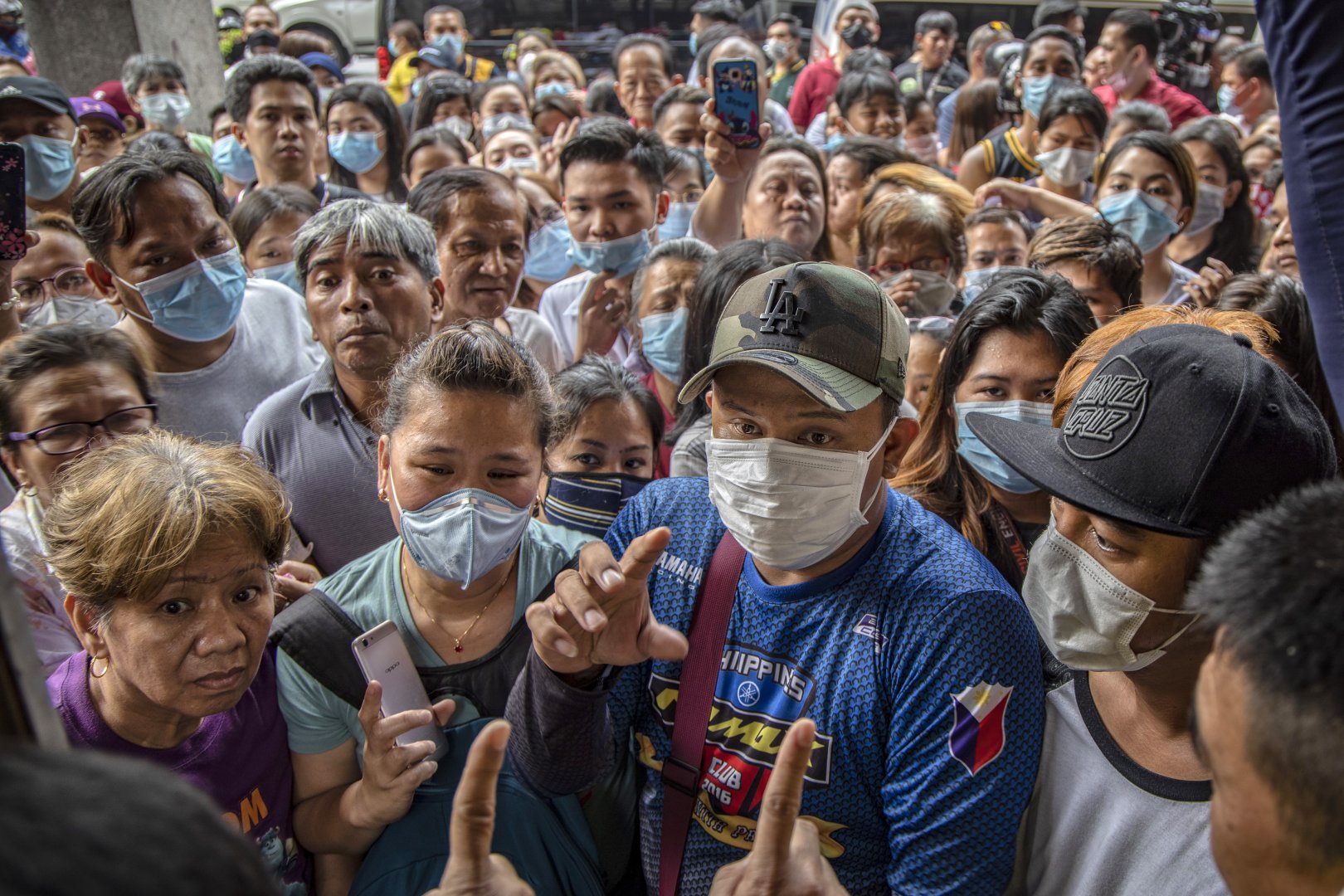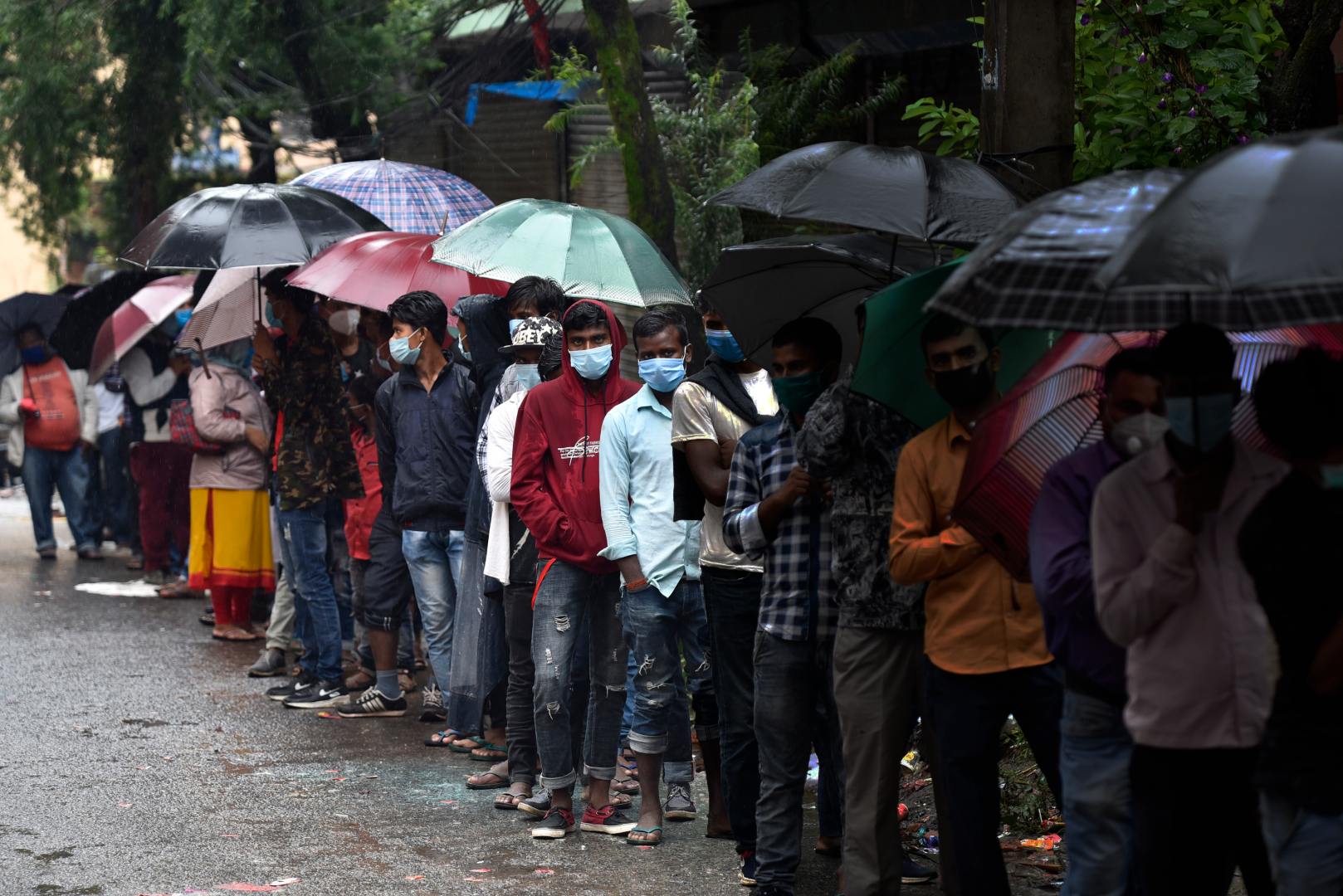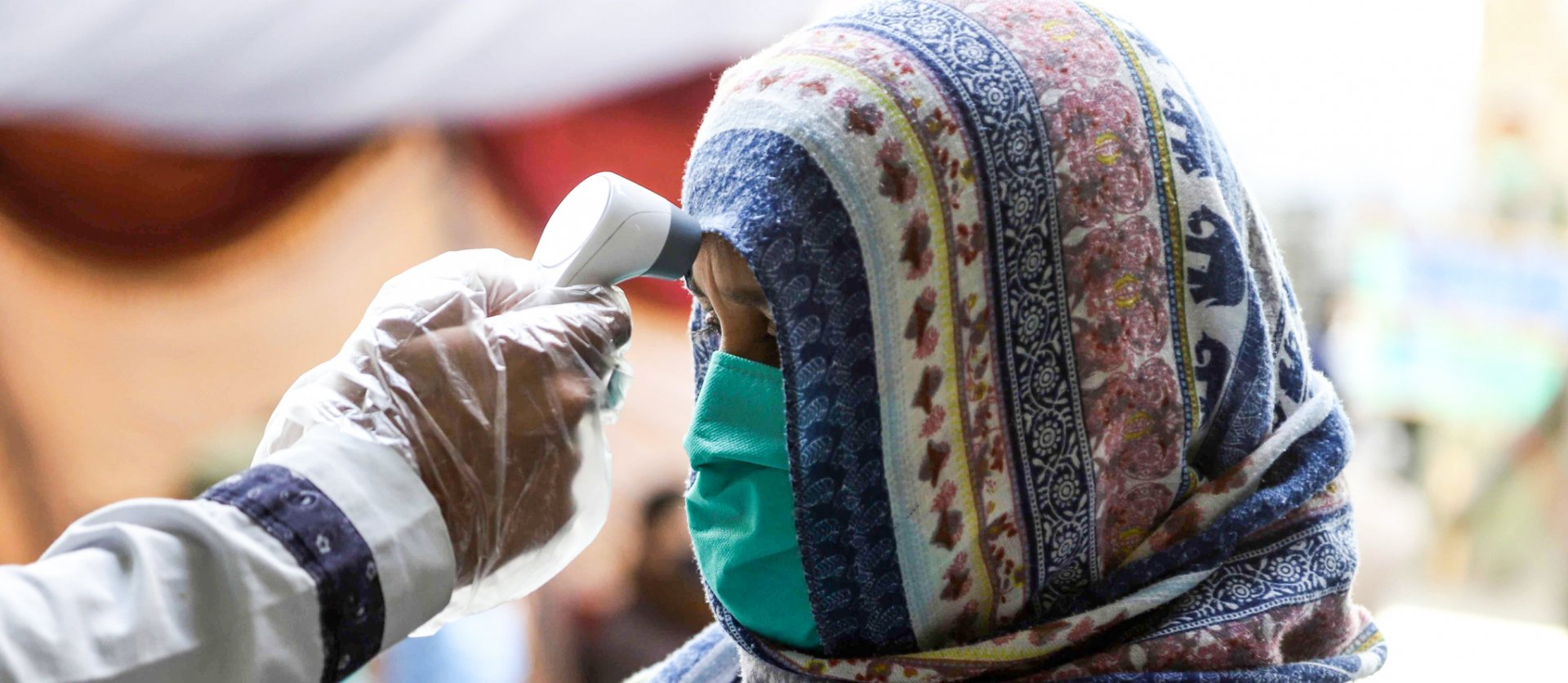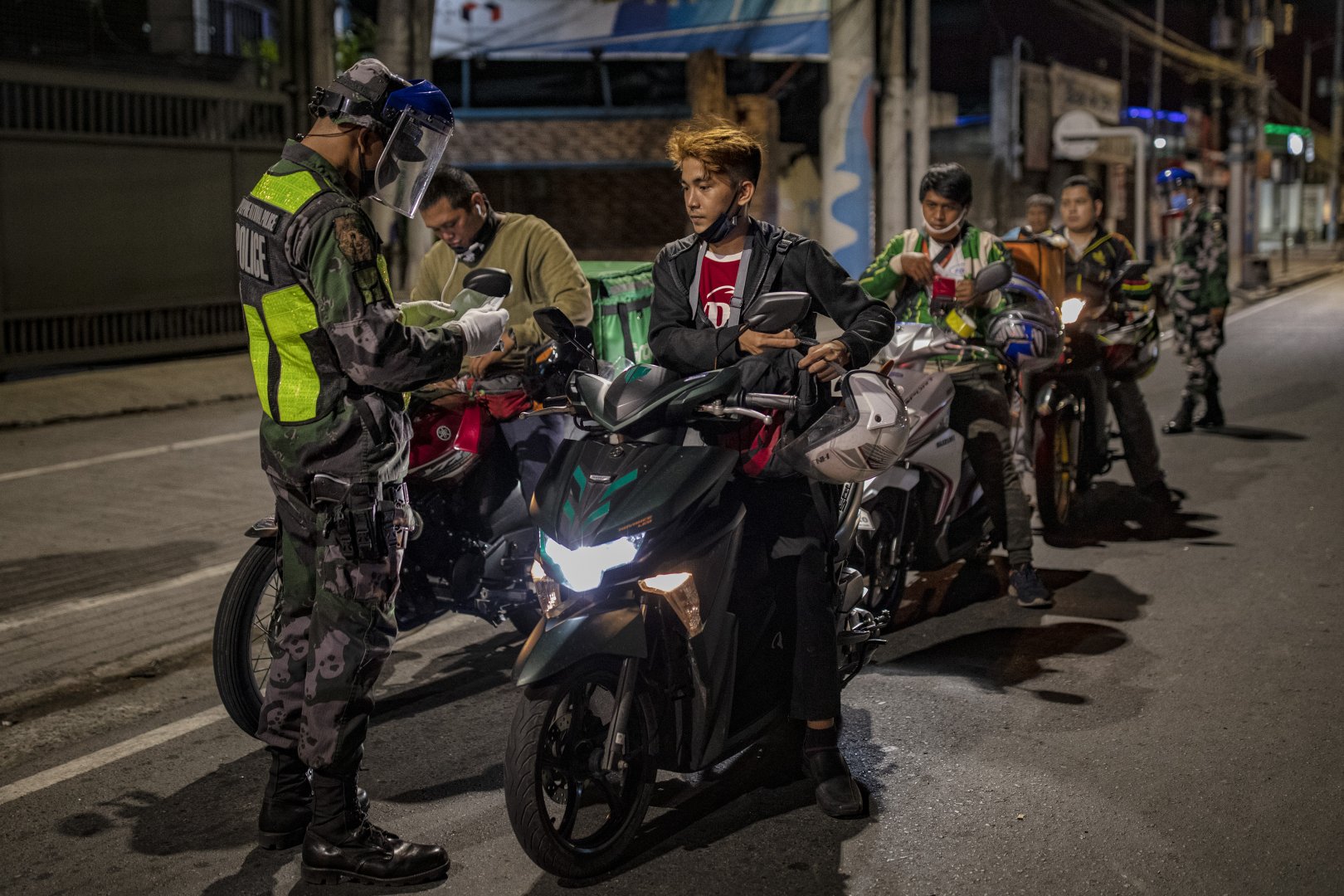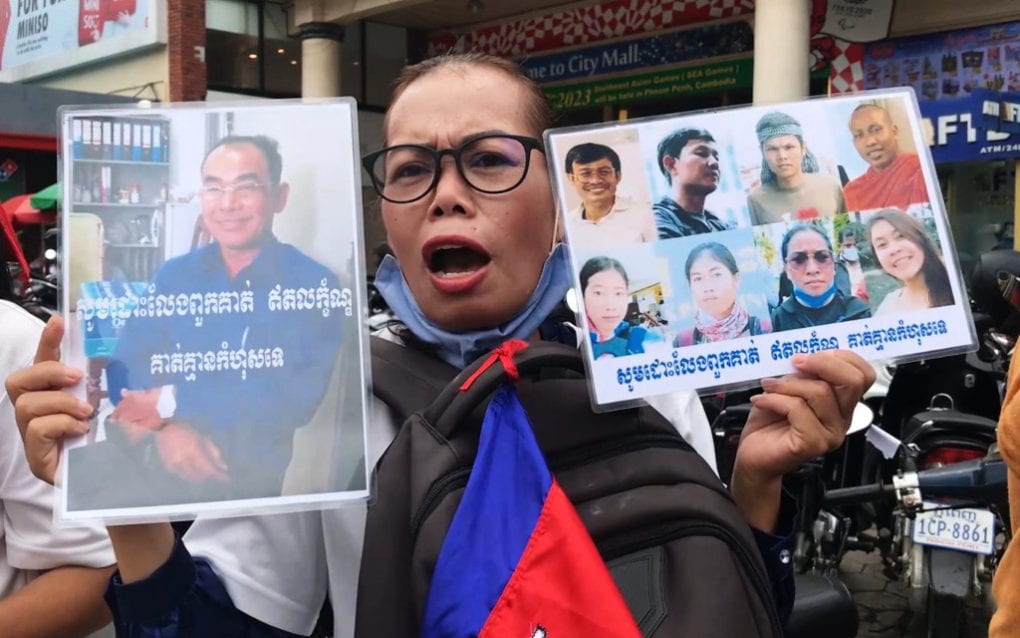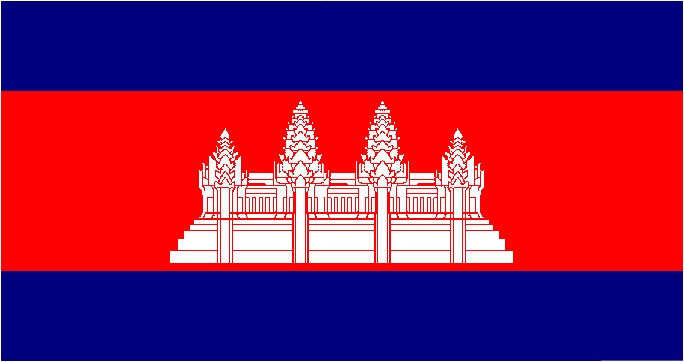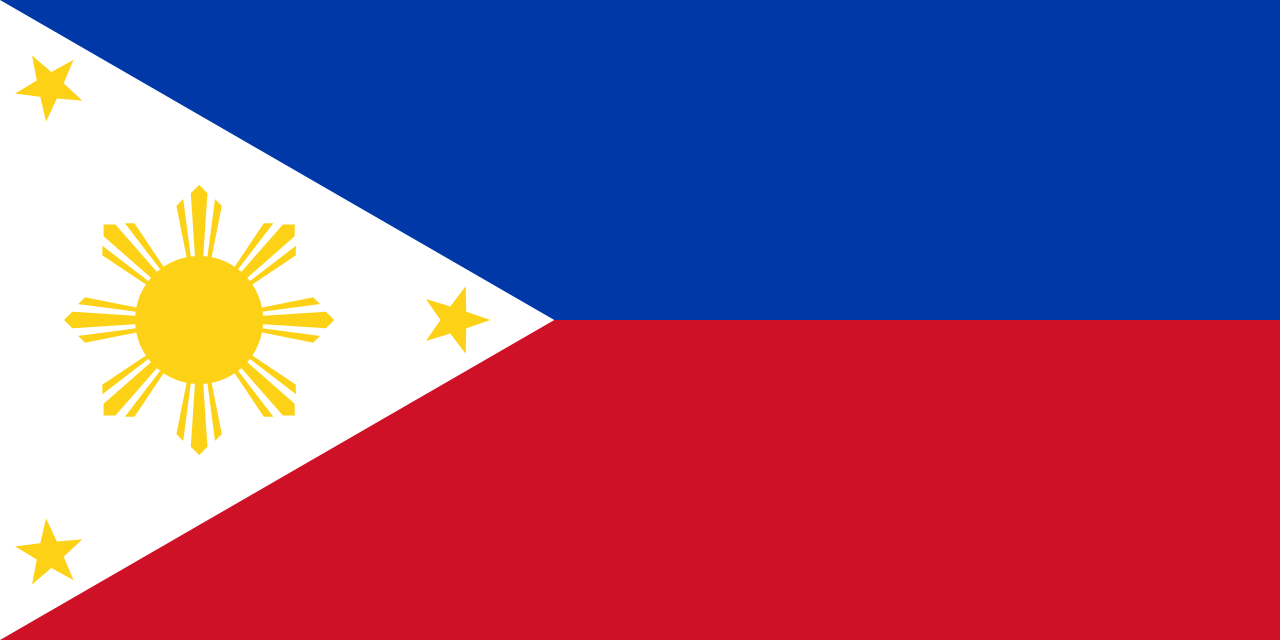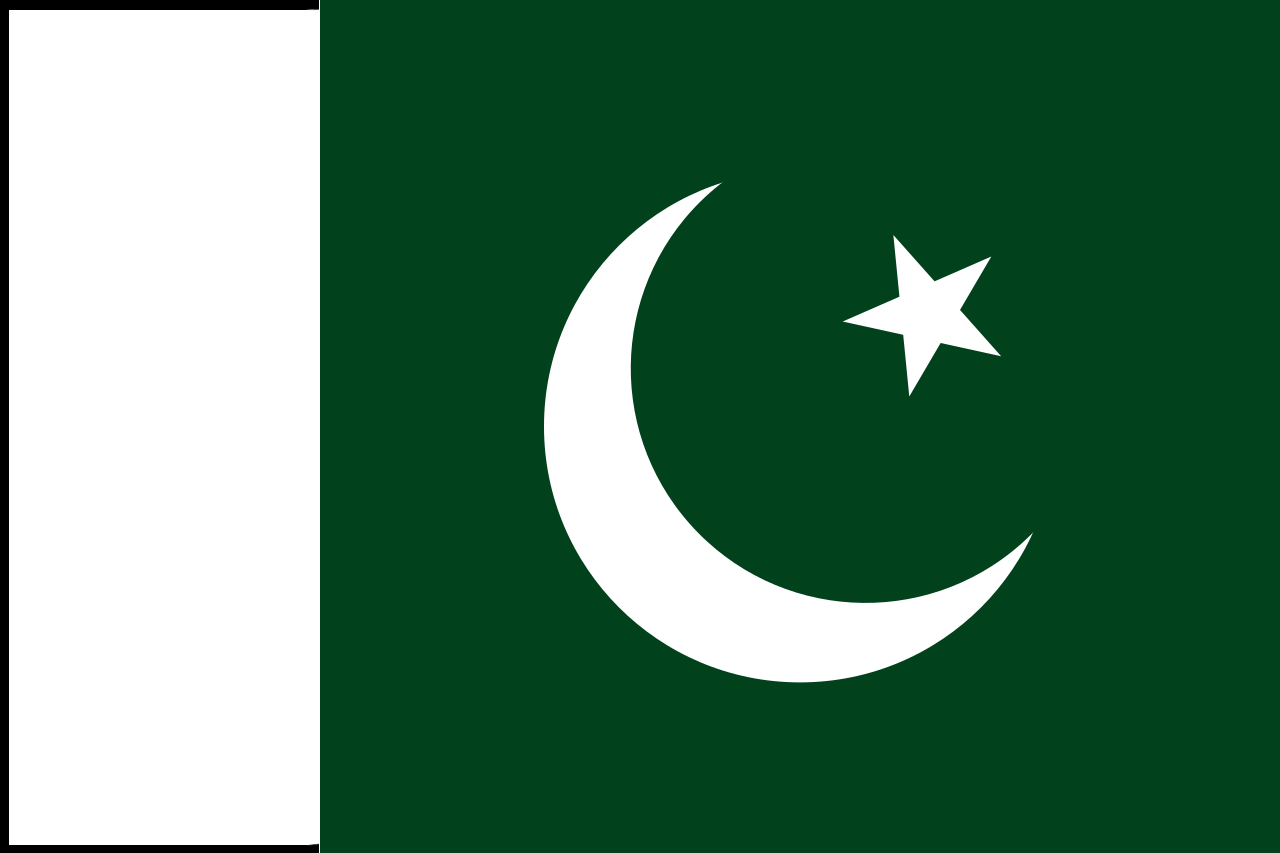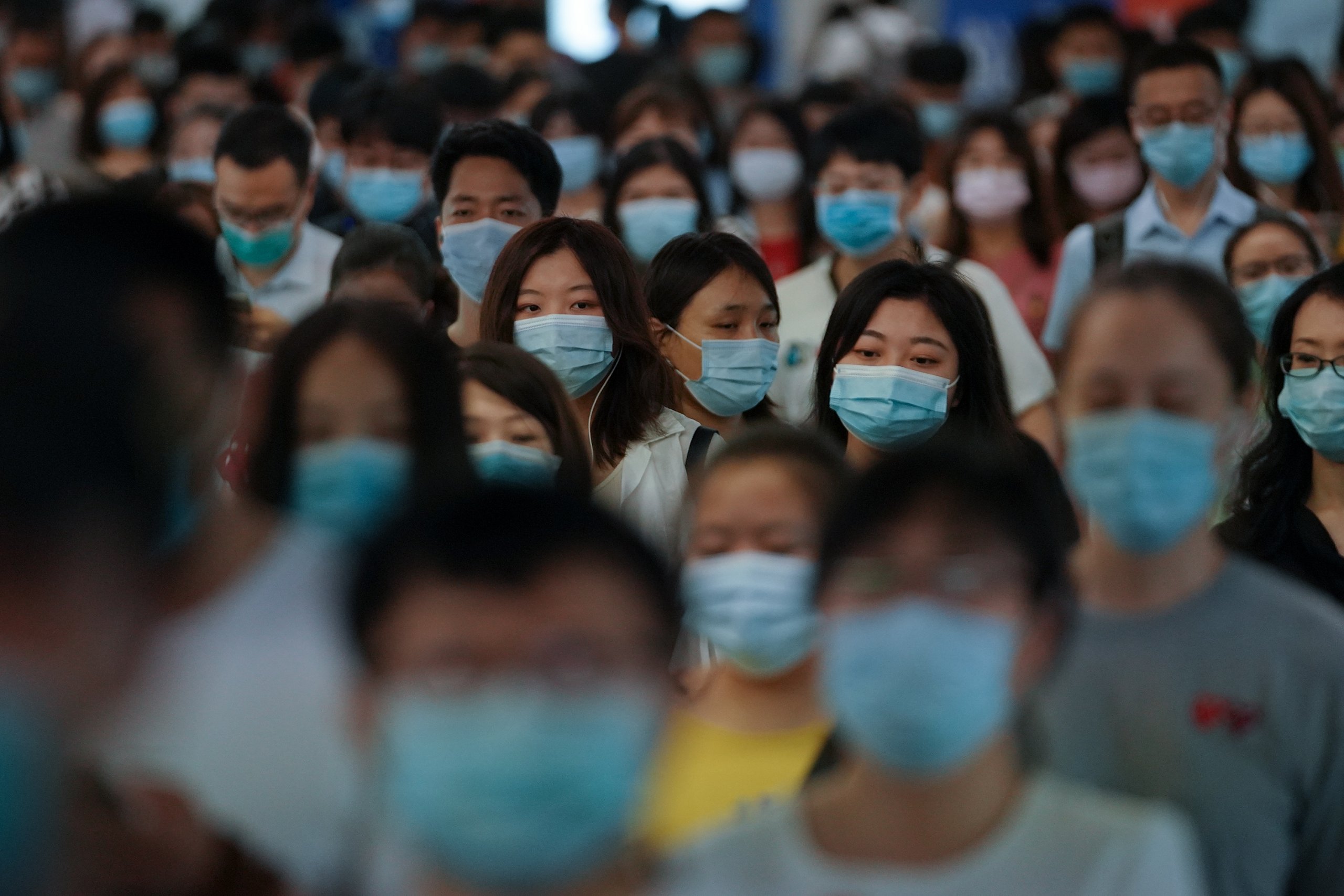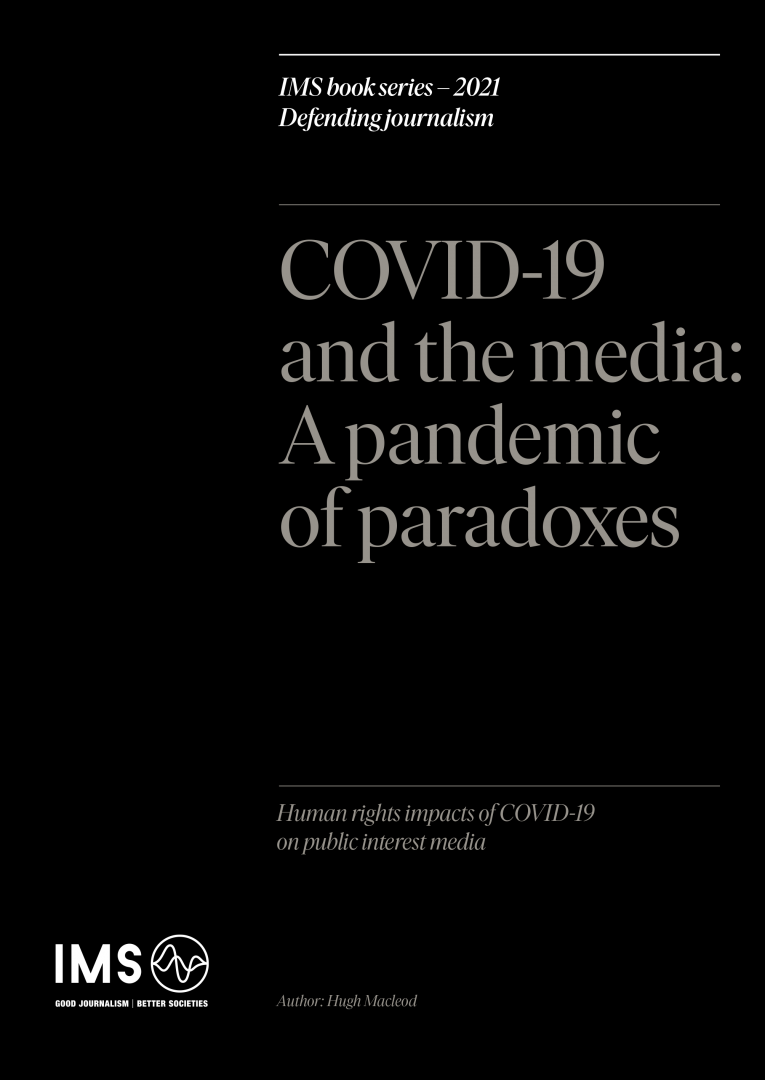Covid-19 has eroded democracy and respect for human rights in large parts of Asia with strongmen governments using the pandemic to justify a crackdown that was already well underway.
In the Asia Rights Repressed Journalism Series, six media outlets from Nepal, Indonesia, Myanmar, Pakistan, Cambodia and the Philippines document how Covid is being used to repress political, social and economic rights, affecting in particular, the most vulnerable.
Under pressure from new surveillance laws, laws against assembly and lockdown restrictions, Asia’s independent media and citizens must navigate a tightening operational space while dealing with the economic fallout of the crisis and the risk of being punished for speaking out about the pandemic. The stories have been published in their country of origin.



